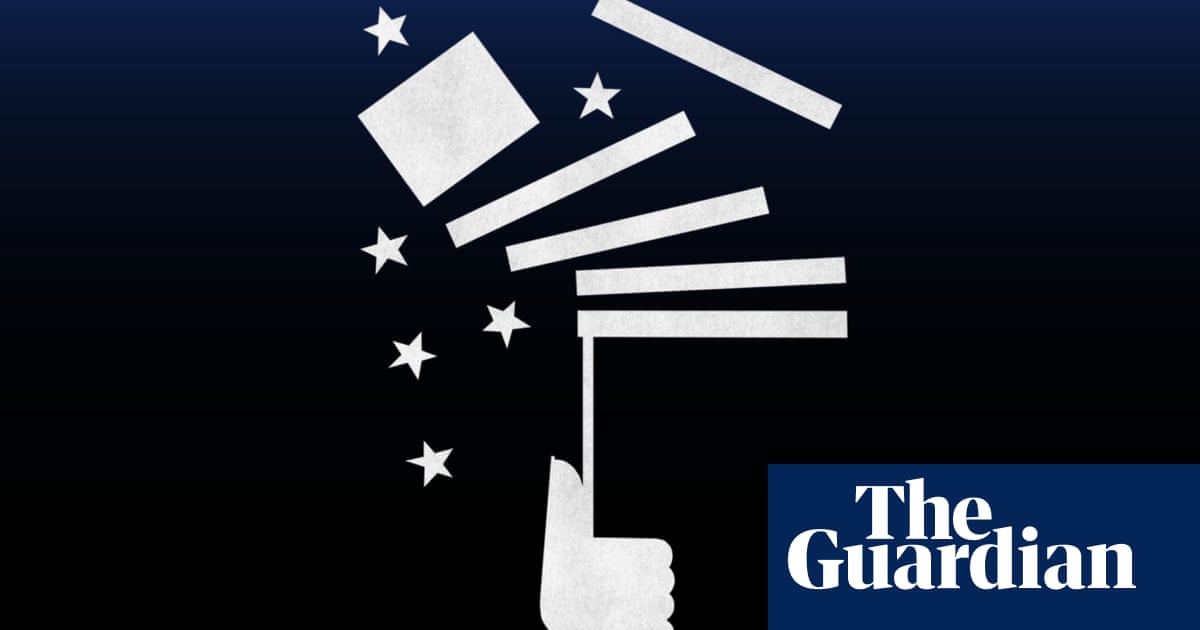(The Guardian) Americans don’t have much faith in America right now. Or at least not in its institutions.
In 2022, a Gallup poll found that Americans had experienced “significant declines” in trust in 11 of 16 major US institutions. The supreme court and the presidency saw the largest drops in public confidence – by 11% and 15%, respectively. Trust also fell in the medical system, banks, police, public schools and newspapers.
Things didn’t improve in 2023: a follow-up poll found that levels of trust remained low, with none of the scores “worsening or improving meaningfully”.
Public confidence waxes and wanes, but these numbers are notably bleak. Trust in institutions has “never been lower”, confirms Jeffrey Jones, a senior editor of the Gallup poll and the author of the 2022 report.
This mistrust is not a one-time blip, a rough patch in an otherwise happy relationship between a country and its people. According to polling experts, it is partly the result of a decades-long effort by political leaders to erode public confidence in institutions such as science, media and government. And the consequences are serious. Not trusting the forces that govern their lives is detrimental to the health and wellbeing of individuals and communities, and makes the country less prepared to face a major crisis. “Trust is the grease that oils the gears and makes things work,” says Dr Marc Hetherington, professor of political science at the University of North Carolina at Chapel Hill. “Without it, everything is more difficult.”
But how did we lose this trust in the first place? And is there a way to get it back?

 www.theguardian.com
www.theguardian.com
In 2022, a Gallup poll found that Americans had experienced “significant declines” in trust in 11 of 16 major US institutions. The supreme court and the presidency saw the largest drops in public confidence – by 11% and 15%, respectively. Trust also fell in the medical system, banks, police, public schools and newspapers.
Things didn’t improve in 2023: a follow-up poll found that levels of trust remained low, with none of the scores “worsening or improving meaningfully”.
Public confidence waxes and wanes, but these numbers are notably bleak. Trust in institutions has “never been lower”, confirms Jeffrey Jones, a senior editor of the Gallup poll and the author of the 2022 report.
This mistrust is not a one-time blip, a rough patch in an otherwise happy relationship between a country and its people. According to polling experts, it is partly the result of a decades-long effort by political leaders to erode public confidence in institutions such as science, media and government. And the consequences are serious. Not trusting the forces that govern their lives is detrimental to the health and wellbeing of individuals and communities, and makes the country less prepared to face a major crisis. “Trust is the grease that oils the gears and makes things work,” says Dr Marc Hetherington, professor of political science at the University of North Carolina at Chapel Hill. “Without it, everything is more difficult.”
But how did we lose this trust in the first place? And is there a way to get it back?

Trust in US institutions has ‘never been lower’ – here’s why that matters
Trust is essential for a healthy, functional society. What happens when it’s lost?



